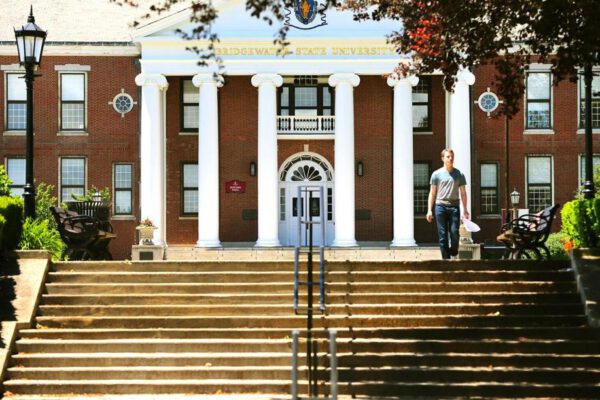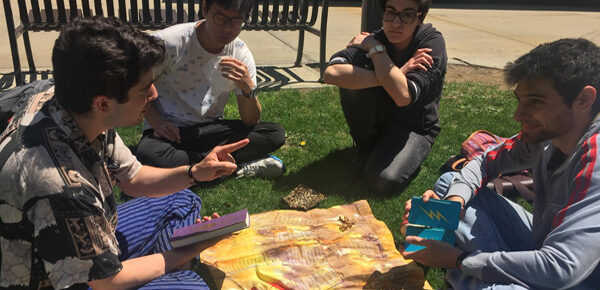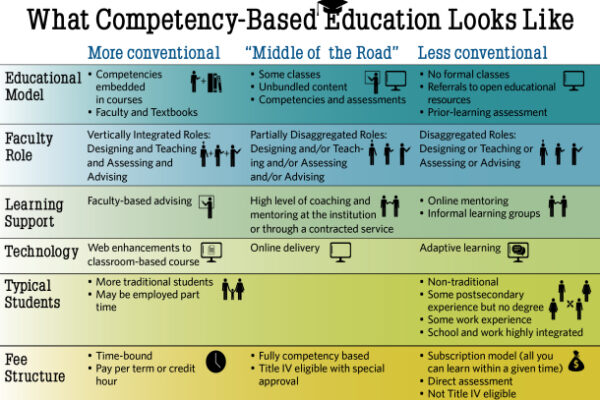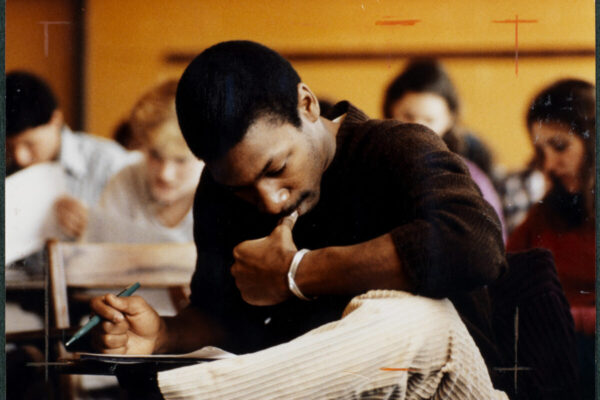
Higher Education Will Be Forced to Do This Recession Differently, and That’s a Good Thing
In the wake of the COVID-19 pandemic, we can expect a surge in demand for higher education that will disproportionately come from post-traditional students. To respond, colleges and universities must swiftly adapt by broadening their view of learning.
May 4, 2020

“Learning by Doing” Through Apprenticeships and Flexible Completion Pathways
A competitive workforce and an innovative economy have always depended on a mix of formal postsecondary education and “learning by doing” in the workplace. What does that mix look like in 2018?
August 2, 2018
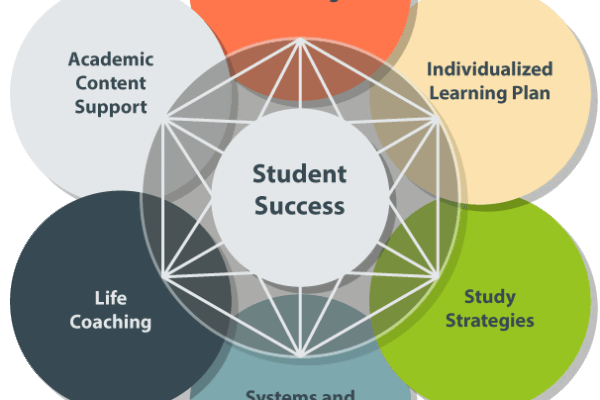
Second-Wave Competency-Based Education: A Focus on Quality
The second CBE wave—more grounded and focused on quality than the first—is underway, and resources to support development of high-quality programs include the University of Wisconsin Flexible Option case study.
September 25, 2017
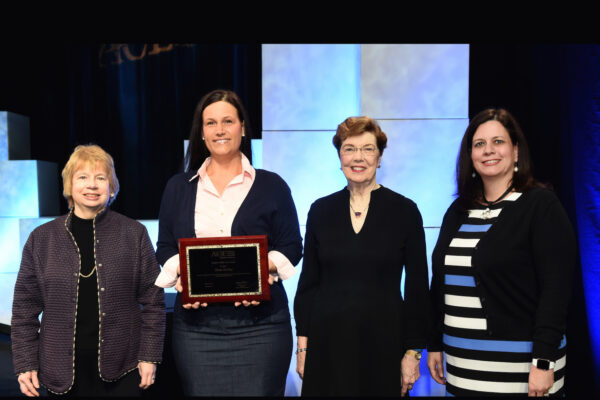
ACE at 100: Lifting Nontraditional Learners to Postsecondary Success
Helping more Americans gain access to and graduate from college has been a large part of ACE’s mission ever since the Council was formed in 1918 to help soldiers returning from World War I gain a college degree. And it continues to play a central role today, as we prepare to celebrate our centennial.
May 26, 2017

Changing the Game for Women in East Africa
In honor of International Women’s Day, CIGE’s Heather Ward interviews Karen Sherman, president of the Akilah Institute, a postsecondary institution for women in Rwanda.
March 8, 2017
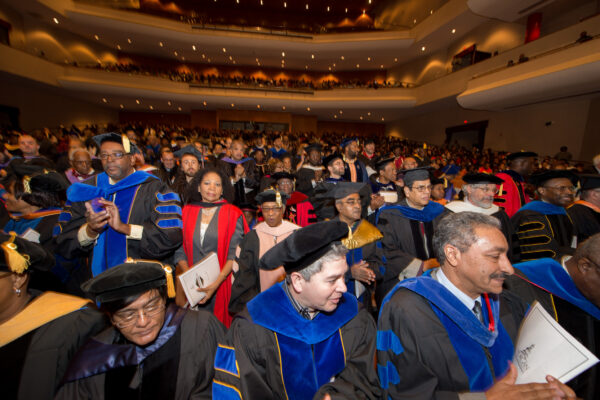
Morgan State University Paving the Way for Adult Learners Through CPL
Research shows that adult learners are more likely to enroll in, persist in and complete postsecondary education programs when institutions recognize students’ previous experiences and grant credit for prior learning. With a boost from ACE’s Center for Education, Attainment and Innovation’s College and University Partnerships, Morgan State University, the largest historically black college and university in Maryland, is doing just that.
December 12, 2016

Western Governors University, Ohio Community Colleges Collaborate to Meet Needs of Adult Students
A partnership between Western Governors University (WGU) and the Ohio Association of Community Colleges (OACC) will extend online, competency-based learning opportunities to all Ohio community college graduates. The agreement announced in October allows the graduates, as well as community college employees, to seamlessly transfer their coursework to WGU while also receiving a tuition discount at the accredited, nonprofit online university.
November 21, 2016
Deconstructing CBE: A Different Approach
As CBE gains broader popularity and acceptance, it is becoming increasingly important to understand certain subtleties about this approach to teaching and learning that extend beyond the basics. The first of three new studies on CBE just released by ACE, Ellucian and Eduventures looks at the diversity of practice that exists across a spectrum of schools that deploy CBE.
August 17, 2016
